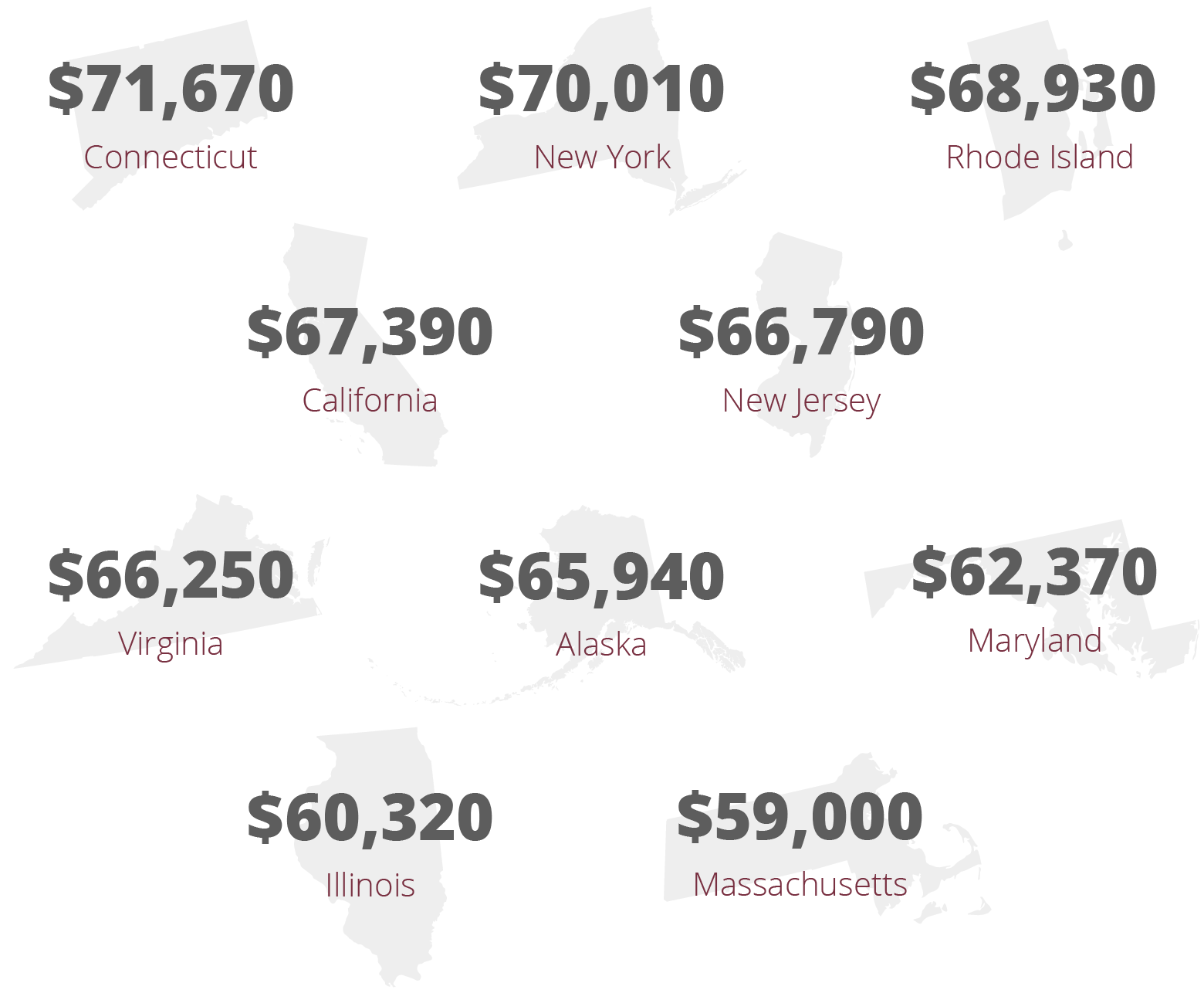When most people think of special education, they don't associate it with a lifelong, financially beneficial career. Many people see the special ed profession as the role of ambitious, young teachers trying to make a difference in the world, or seasoned veterans who have devoted themselves to their speciality, sacrificing a large income for a devoted calling to help individuals with special needs. Contrary to that belief, pursuing an advanced degree, like a Ph.D. in Special Education, can afford individuals a sizable income and great career opportunities.
Ph.D. in Special Ed Jobs and Careers
Getting a Ph.D. in Special Education means that you've moved beyond the basics. By gaining a Ph.D. in the field, you have the opportunity to specialize and gain the unique ability to bring a new perspective to your workplace or educational environment. This will allow you to work in more versatile and advanced environments. Today, special educators are no longer tethered to the school system. Many corporations and companies are actively working to develop improved accessibility to their products and their software and need individuals with a unique and deep knowledge base about how those with disabilities learn and interact with their environment. In the education industry, those with a Ph.D. in Special Education are stand-out candidates for administrative, leadership, and consulting roles in their career. Many start out as special educators at elementary or preschools and then move up the organizational ladder, eventually setting and implementing policy on a campus or district-wide level. You don't have sacrifice your passion or ambition for working with individuals with special needs. It's highly beneficial to gain an advanced degree for the exact same reasons that you might volunteer to work with special needs - you're able to have a direct impact on those that you work with, only on a larger scale.
So what about salaries for a Ph.D. in Special Education?
The special education industry is a vastly dynamic marketplace. Schools and companies are consistently looking for talent to help improve their impact on special needs individuals. In 2014, the U.S. Bureau of Labor Statistics released a study on the average salaries of special ed teachers. , .  As recently as May 2014, the median salary for special ed teachers was $55,980 (source). Depending on the state in which you work, you stand to make even more. Here are the top employing states for special education teachers:
As recently as May 2014, the median salary for special ed teachers was $55,980 (source). Depending on the state in which you work, you stand to make even more. Here are the top employing states for special education teachers: 


